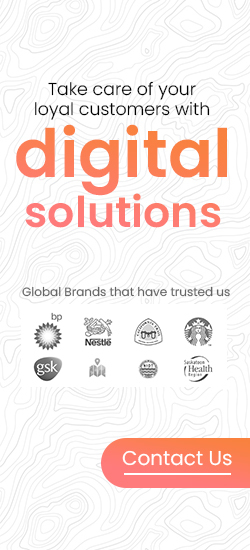Top Disruptive Technologies that will shape up our Future
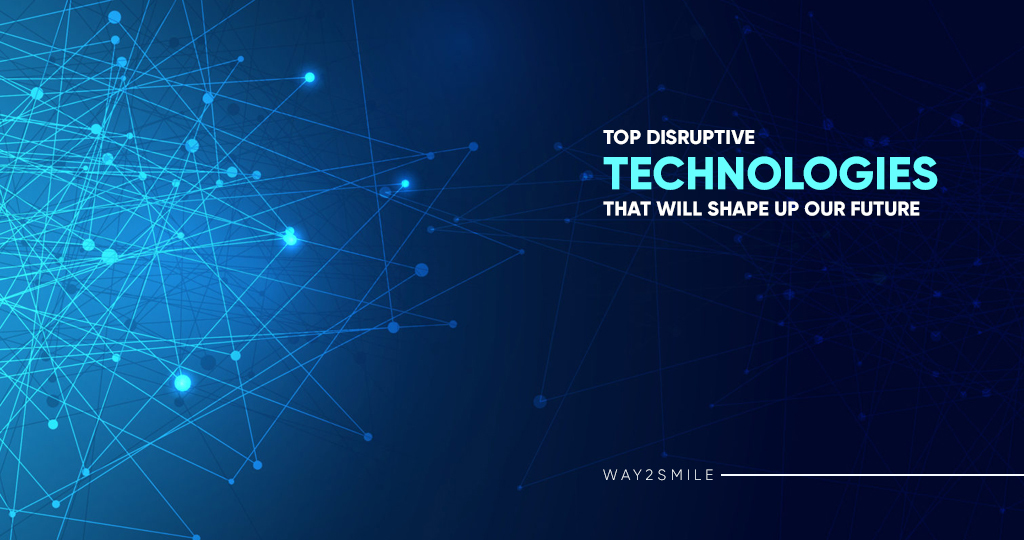
Honestly, we are so excited about our future. The innovation cycle is what raises the bar whenever we think about the future. The second half of the 20th century was a crucial period for humanity as they formed a unified system that let them envision a future for the whole earth rather than being divided as countries.
Though many countries took that with a pinch of salt, we are reaping the benefits of the efforts made by our previous generations. In the 21st century, unified governments and organizations have boosted business relations across nations which also led to knowledge transfer. This had a greater impact on the innovation cycle than anything else.
The computers we now use on a daily basis like smartphones, PCs, laptops, etc. have all been derived from a parent device. If you cancel innovation out of that equation, we would be stuck with devices that were the size of the room and have a memory of about 12 MB.
So, innovation is what that forces us to adapt and improvise. Innovation in businesses is by far the best one, as it boosted commercialization and made them available to the public. If not for commercialization, a vast majority of products wouldn’t be available to us, thus cutting the need for improvisation.
Inventors create a product to solve a problem, the audience buys that product, innovator improvises the product. This cycle never stops. The market has witnessed many top disruptive technologies, but what matters is the context under which it is applied!
Technological innovations: The power to reimagine!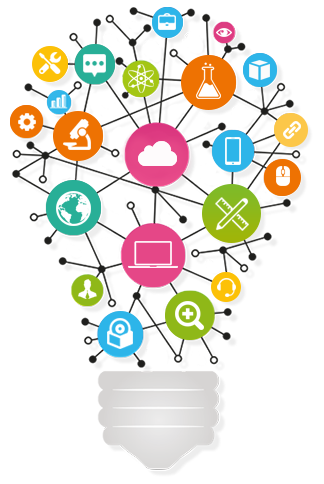
Technology puts fresh perspectives in places. While people from the previous generation takes some time to adapt to the latest technologies, it becomes second nature for the latest generation. For the latest generation, innovation becomes a part of their lifestyle, hence they could adapt to the changes relatively easier. Here where, Digital Transformation Company‘s role comes into play, to handle these technologies rightly into the business development!
Though there are many technologies that shape up our future, the following ones will take the front seat while moving towards the future.
- 3D printing
- Virtual Reality and Augmented Reality
- Artificial Intelligence
- Internet of Things
Read Also – How To Ensure Software Security As Part Of The Development Process?
3D Printing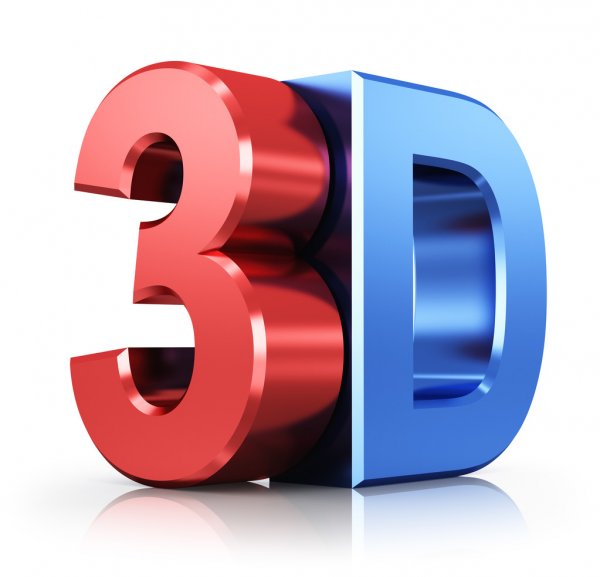
3D printing has the power to completely transform the entire manufacturing industry. Not long ago, 3D printing was only used as a showpiece in tech exhibitions, but the scope for 3D printing at the present and also the future is simply exponential. The 3D printing industry is expected to double every 3 years. This growth will be somewhere between 18.2% and 27.2%.
3D printing is now used across industries, but the contribution of 3D printing in the healthcare industry could be a game-changer. The day where artificial organs could be printed is not so far away. Researchers have even attained a significant degree of success with this latest innovation.
The materials are durable and are honed to perfection. This makes it a perfect match to create realistic prosthetics and artificial limbs. In 2020 alone, nearly 2.1 million 3D printers have been shipped. This number is expected to reach 15.3 million in the next 7 years.
Virtual Reality and Augmented Reality
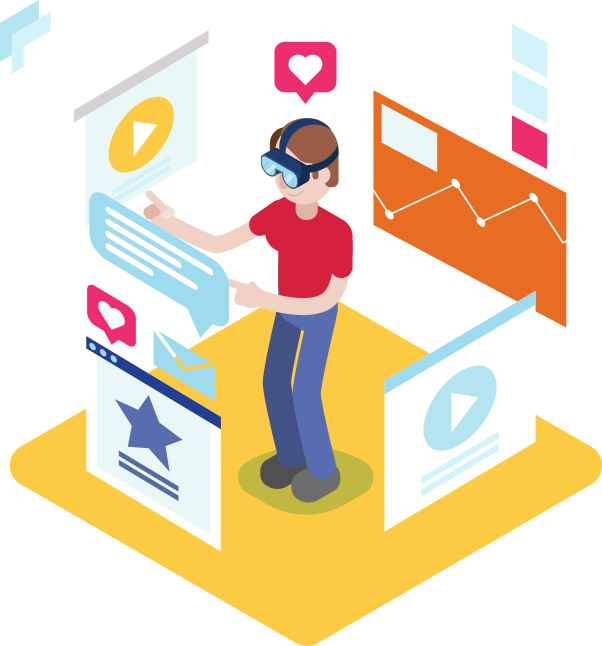
VR and AR tech is slowly but steadily penetrating the consumer market. The boost in hardware innovation has significantly increased the capacities of electronic devices. Even back when Google started out to be a full-fledged tech company, it announced its version of the modular phone that can be customized according to the user’s requirements.
This increased the scope for Virtual Reality and Augmented Reality to be integrated into simple and common devices like smartphones, gaming consoles, computers, etc. As SaaS entered the picture, hardware no longer became a limiter to the VR and AR industry. Developers made use of the cloud services to deploy applications that can make use of these technologies.
Consumers are also embracing these changes and are ready to adapt to these hardware changes to some extent. Many tech giants like Facebook understood the potential of this market and has been making developments in this industry. For instance, in 2020, Facebook became the largest VR headsets vendor in the world.
Apart from the entertainment industry, it can also be used in educational and research sectors to create simulations and work in it to see the potential outcomes. Though this is still in its development stages, with the right combination of technologies, the growth is just unstoppable.
Read Also – How “Smart” Dubai is paving way for a sustainable future by putting technology at its core?
Artificial Intelligence
The global AI market is expected to reach $190.61 billion in the next 3 years. This is such a vast market because of its fluid nature. AI can be paired with almost any technology or product or service. The penetration of AI across industries has helped many sectors to grow exponentially and attain goals that were once beyond comprehension.
The best part is, the industry has not reached its peak yet! The best part is yet to come but it’s already showing promises that elevate the total tech demography. Nearly 75% of business executives are afraid of running out of business if they do not incorporate AI of some sort. Their fear is reasonable, considering the role of AI across different industries and sectors.
Artificial Intelligence when combined with data analytics is creating ripples across the market. it is simply paving way for the automation by equipping the machines with the ability to form their own decision! By 2030, AI would contribute nearly $15.7 trillion to the global economy, and this is not an easy feat to achieve. Global leaders will leverage AI to solve global problems in the near future.
Internet of Things (IoT)
Ever since devices could be hooked up with an internet connection, it changed the lives of people forever. One of the most popular IoT devices is the smartphone. Smartphones are completely evolving into a different breed.
In some sense, smartphones could act as a key for your digital fort, including your entire IoT arsenal. Users could fit a smartphone in their pocket! Currently, there are 7.1 billion people who use smartphones in the world. This is nearly 89.9% of the people.
IoT is not limited to just smartphones. There are many IoT sensors used in the agricultural sector that helps collect different data on the soil, crops, rainfall, chemical and physical properties of the land, etc. In industries like O&G, keeping track of the resources becomes increasingly difficult as obtaining data is a hectic task. In such scenarios, IoT is your best chance for keeping track of the records.
Fintech – Digital Payment System
In the most disruptive technologies queue, fintech technology specifically digital payments witness a phenomenal growth in the last couple of years. The adoption of payments from various businesses, especially during the pandemic period just accelerated the growth of usage.
In-Asia pacific region, particularly India, have got enormous success in implementing a digital payment system through the Unified Payment Transaction (UPI) across all the regions.
Statistics from the National Payment Corporation of India (NPCI) state that “Digital payment transactions value through UPI rose to Rs.10.73 Lakhs core with 6,579.63 million in the volume of transactions and totally 346 banks live on UPI on August 2022“
India’s rapid digitization of its payment system has induced other countries to follow suit.
The digital payment system provides the following benefits and facilitates the growth of the economic ecosystem.
- Ease & Convinenance – It gives a seamless user experience to make transactions and also reduces the dependence on cash by implementing a digital payment system.
- Safety & Transparency – In this digital era, most disruptive technologies like digital payment systems paves transparency and diminish corruption & theft. In addition to that, it makes ensures that transactions can be easily traced and offers an extra layer to security breaches.
- Economic Progression – Payment systems shape financial technology’s future and make the country more progressive & increased the accessibility of financial services. For e.g, in developing countries like India, it is impossible for banks to be everywhere and may not cater to the needs of all people. UPI, a disruptive technology, opens up a world of financial inclusion and a move toward cashless economies.
Read Also – Business Process Automation: The Subtle Way Of Optimization
Wrapping this up,
The future will witness a technological boom that will completely change the way we see and understand different things. So, what’s our role in this? Our role is to lay the foundation for such a future, just like our previous generations did.
We have to create opportunities for collaboration and pool our resources and knowledge to accelerate this process. As a leading IT Consultancy Company in Chennai, India, we share the vision to create a better future for your business. Collaborating with them is your best bet to make your business future-proof!

